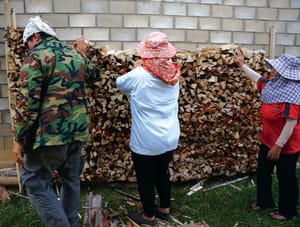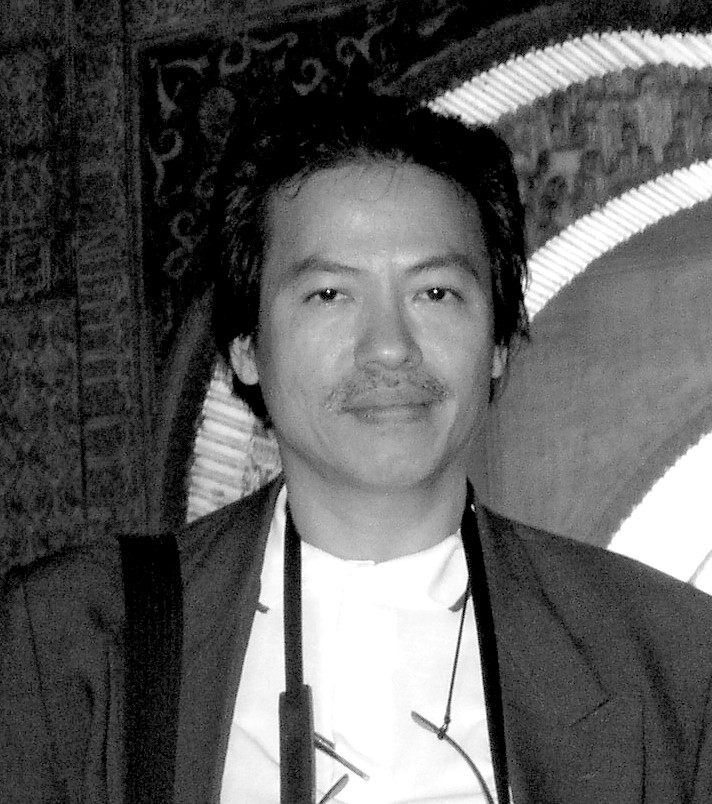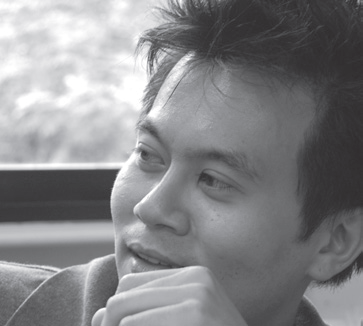Cleaning a drain or chopping wood may not be that much fun, but a gotong-royong spirit does help to build a community that’s nicer to live in.
As usual, the key was left in the ignition of the motorcycle parked by the side of a lonely road. We had just arrived at Long Ubau, one of the nine villages collectively known as Ba Kelalan in the mountains of north Sarawak.
We did not plan to stay long, but as things go in the kampong, we do not always have a choice about the time to eat. It is rude to refuse hospitality from people who want to share their lunch with you, and since fried cucumber and sambal are my favourites, I really had no trouble accepting.
However, all through lunch, I could not help but wonder if the motorcycle would still be there. I mean, who leaves keys in a motorcycle parked beyond sight? After all, one did get stolen a couple of weeks ago along the same road. Paulus, the friend who brought me to Long Ubau on the motorcycle, insisted that it was outsiders who did it as no local would steal from their own relatives or friends.
He was probably right. There is a deep sense of belonging among the people in the village, even when in rivalry. It is not just that the few hundred people who live in Ba Kelalan are part of an extended family – everyone is a cousin – but it is also a sense of reliance on each other for their lives and wellbeing.
A lot of this, I think, stems from their culture of community service, or gotong-royong, which is a big element of village life. A gotong-royong is organised practically every other week for projects that range from building drainage systems to repairing bridges, upgrading the church or cutting the grass in the village field. The village water supply from the river is maintained by gotong-royong, as are the micro-hydro systems that provide electricity. During harvest time, villagers allocate a few days to work in the rice field planted for the church.





